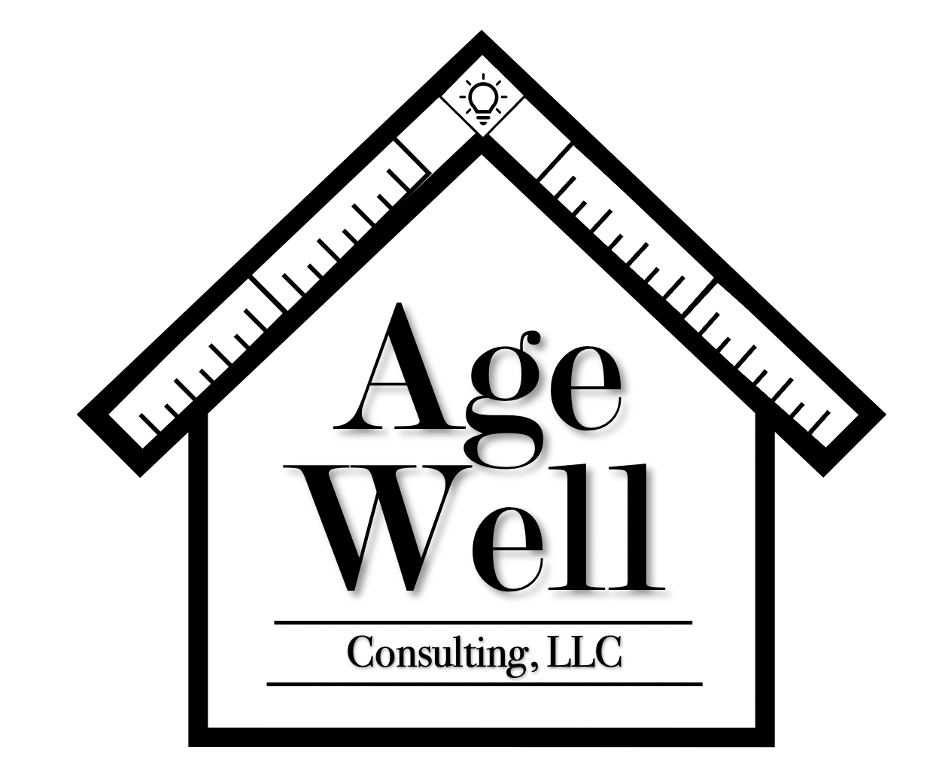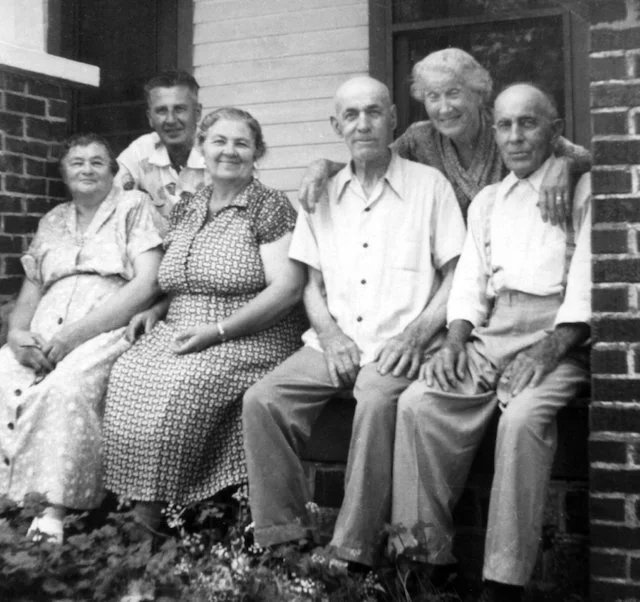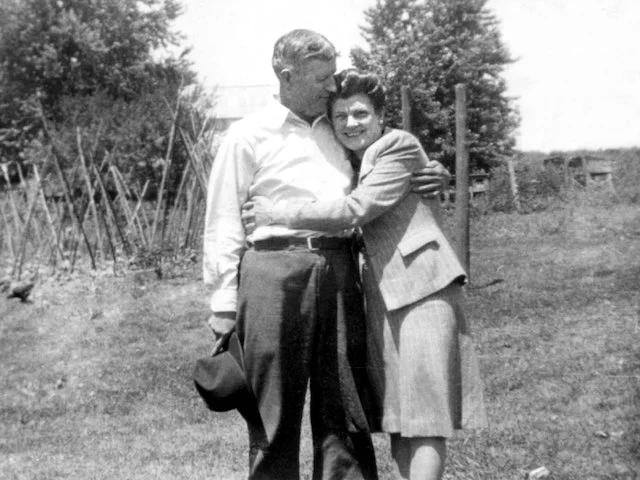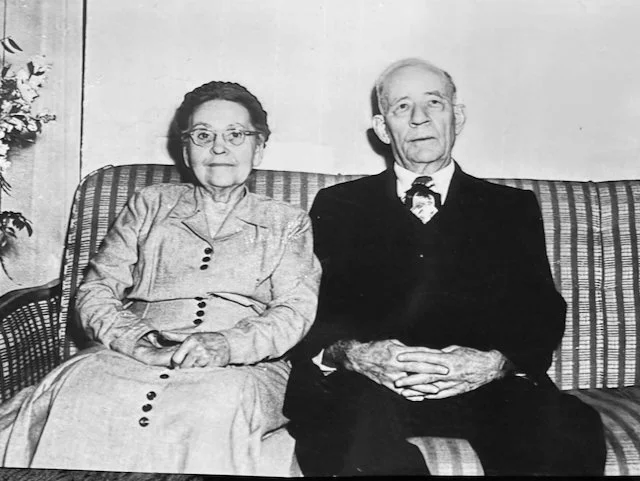
What is aging in place?
Aging in Place
Allowing seniors to age in the comfort & safety of their own homes
We’ve worked so hard for that fenced in yard for the family, but fail to plan for our own aging needs when it comes to basic living spaces.
Illnesses, injuries, and falls force seniors into the difficult decision to unsafely remain alone or relocate with family or into facilities.
This can be difficult, stressful, and expensive.
Why not remain at home where there are more memories and comfort?
Home
Home
-
Aging-in-Place is a specialty certification is offered by the National Association of Home Builders and the program requires completion of live courses and requires up to date continuing education to maintain certification and accreditation.
Certified professionals help identify barriers, assess improvement areas, and provide modification options to accommodate the needs of individuals of all abilities.
-
Widened entry ways for increased accessibility
Pattern, color, and style design recommendations for low vision or chronic disease progression
Fully accessible and functional curb appeal
Grab bar placement for safer transitions in bathrooms and showers
Door-knob to door-lever style replacements for easier grip opening
Improved lighting for safer navigation and tasks in living spaces
Stair lifts, ramps, and elevator needs
Adjustable height countertops, sinks, and stoves
Spacious and functional floor plans to increase safety
Non-skid or non-slip grips on stairs or railing additions
Accessibility designs for live-in caregiver quarters
Developmentally appropriate play spaces
Weather-proof safety designs for outdoor living spaces
-
Occupational Therapists help facilitate independence with those everyday tasks and invest in how you want to occupy your time.
From dressing, grooming, and bathing, to maintaining the home and family, driving, working, and enjoying recreational activities, Occupational Therapists (OT) work to develop tailored plans to increase independence, enhance participation, and enrich lives through meaningful activities.
Occupational Therapists are in schools, hospitals, mental and physical rehabilitation units. When specialized, you can find them in driving rehabilitation centers, community outreach programs, vision rehabilitation, corporate ergonomic assessors, and outdoor adaptive sports programs. They work in homes, clinics, hospitals, schools, and even penitentiaries. Therapists work integrating individuals and groups into communities and build healthy support systems. They are highly educated in neurological, musculoskeletal, mental health, human development, community living, and educational needs. They work in teams and find collaboration key to success.
These are the ones that help you put all the puzzle pieces together and they love what they do.
Working with an OT allows more detailed assessments, specific cognitive and mobility considerations, and function-based planning for everyone.
While CAPS programs were originally designed to meet the needs of aging seniors, Occupational Therapists are able to offer a unique perspective to meet the needs of any client at any age-despite their ability. Life can be hard enough, it’s time to make your environment finally work for you!









